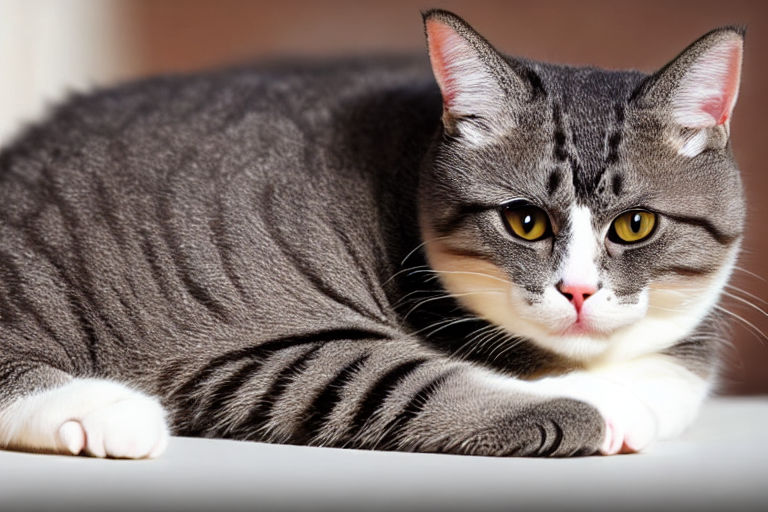The Dangers of Cat Obesity and How to Prevent It
Cat obesity is a growing problem and can have serious consequences on your feline friend's health. In fact, overweight cats are at higher risk for several health issues that can lead to a shorter, less comfortable life. Below are some of the dangers of cat obesity, and tips to help prevent it.
Dangers of Cat Obesity
- Diabetes: Just like humans, overweight cats are at a higher risk for developing diabetes. This disease can cause many problems for your cat, including increased thirst and urination, weight loss, and loss of appetite.
- Arthritis: Excess weight can put a strain on your cat's joints, leading to arthritis and making it difficult for your cat to move around and enjoy their activities.
- High Blood Pressure: Overweight cats may also be at risk for high blood pressure, which can lead to many health complications such as damage to vital organs like the kidneys, eyes, and heart.
- Fatty Liver Disease: This condition is common in cats that are obese and can cause severe liver damage.
How to Prevent Cat Obesity
- Portion Control: Feeding your cat the recommended portion size for their age, weight, and activity level can help manage their calorie intake and prevent overeating.
- Exercise: Just like humans, cats need regular exercise to stay healthy. Encourage playtime with toys and activities that will get your cat moving and burning calories.
- Healthy Diet: High-quality, protein-rich cat food can help your cat feel fuller for longer and prevent them from overeating. Avoid feeding your cat table scraps, which can lead to weight gain and other health issues.
- Regular Check-ups: Regular visits to the vet can help identify any health issues early and address them before they become more serious.
Conclusion
Preventing cat obesity should be a priority for all cat owners. With the right diet, regular exercise, and portion control, you can keep your cat healthy and happy for years to come. Remember to always consult with your veterinarian for advice on the best diet and exercise plan for your specific cat's needs.



